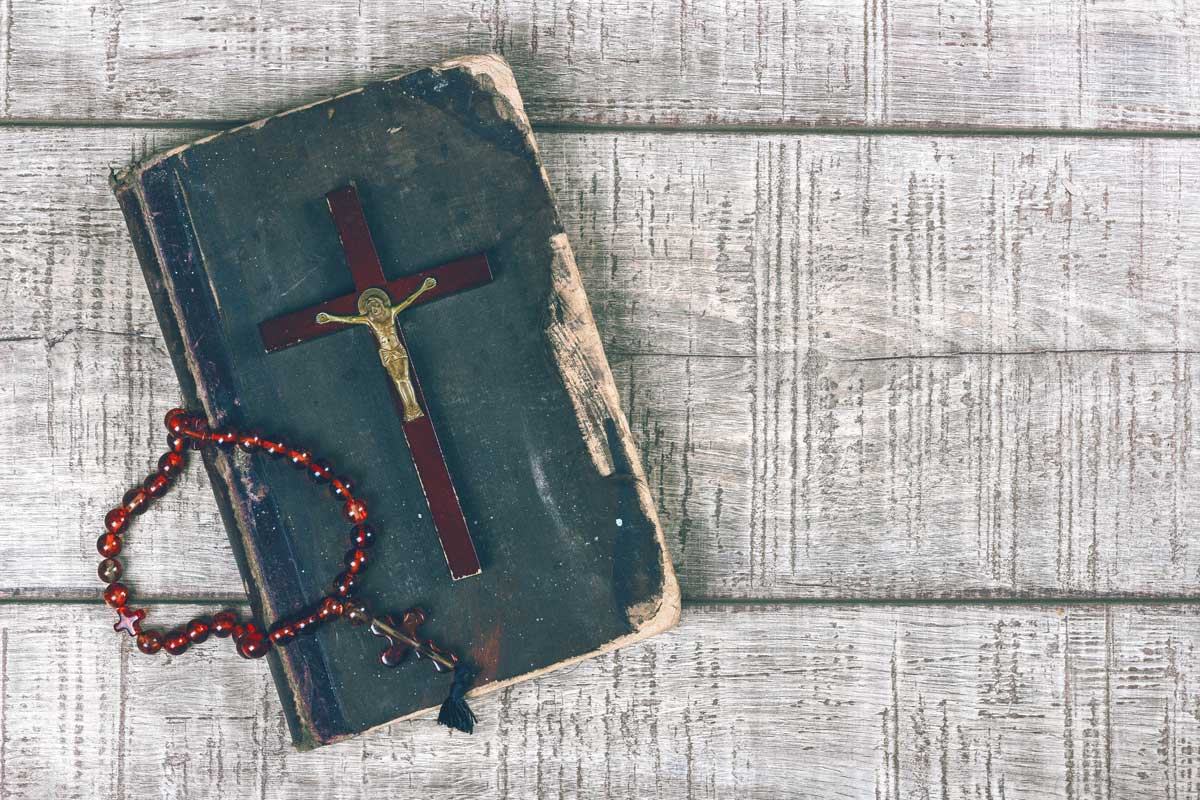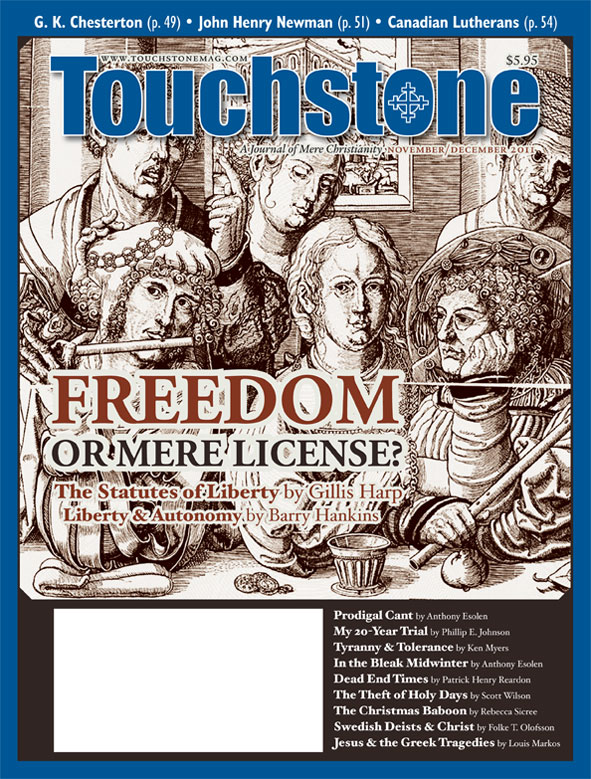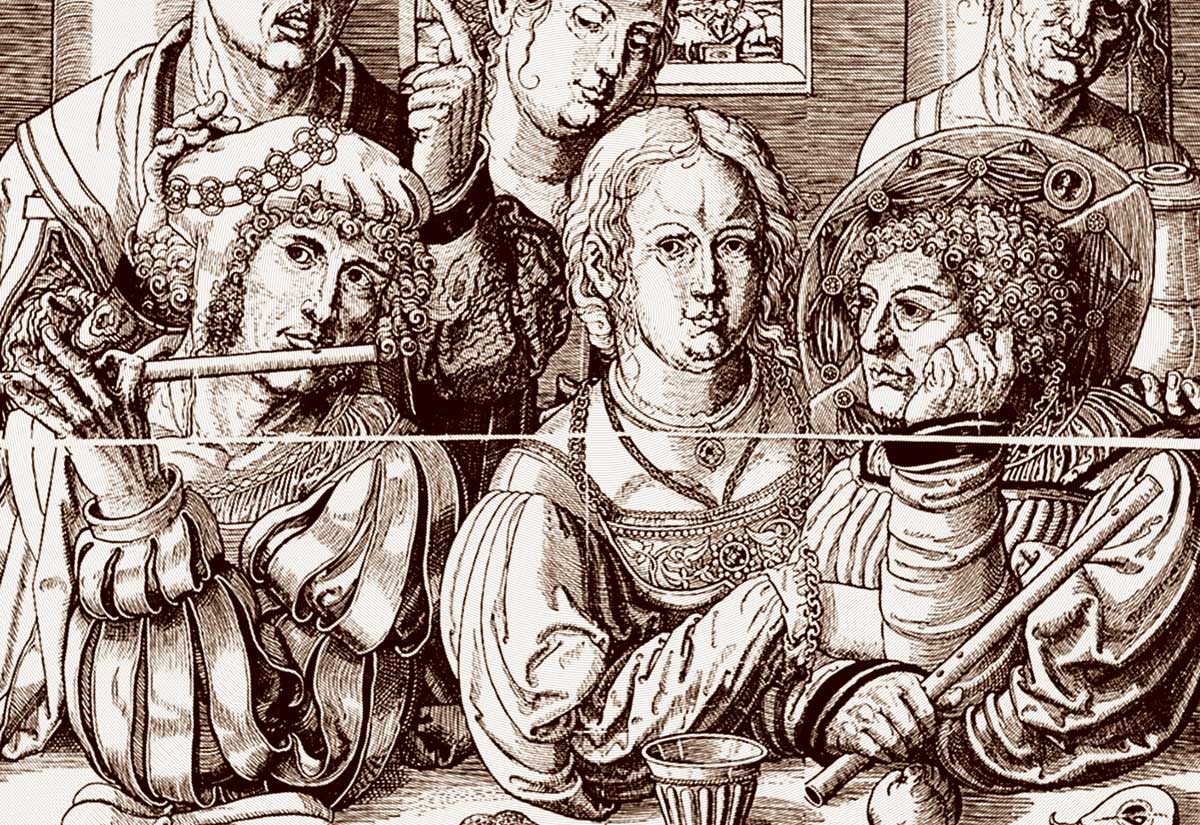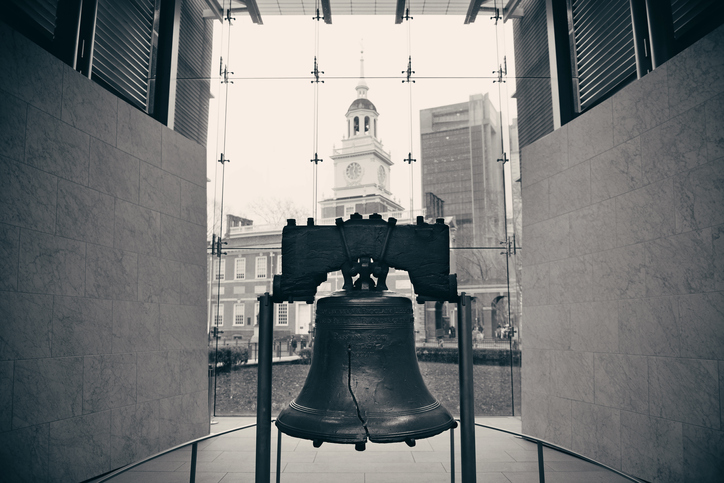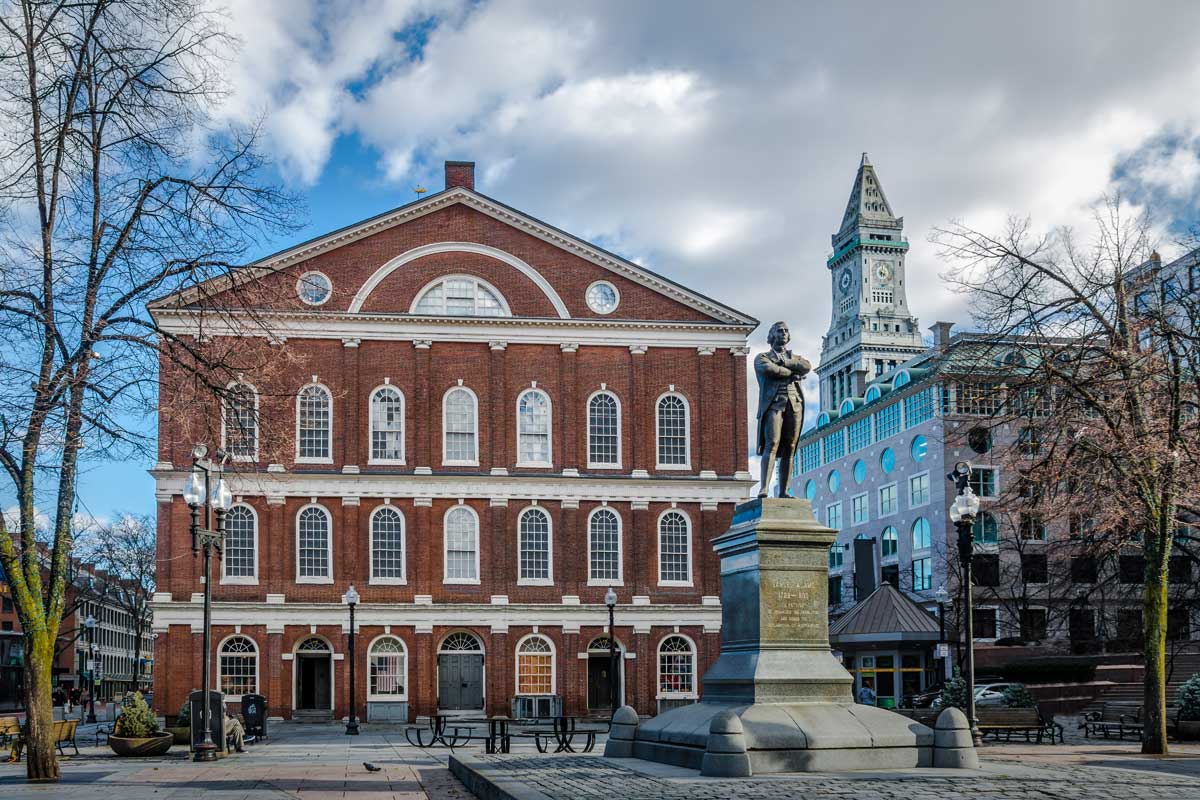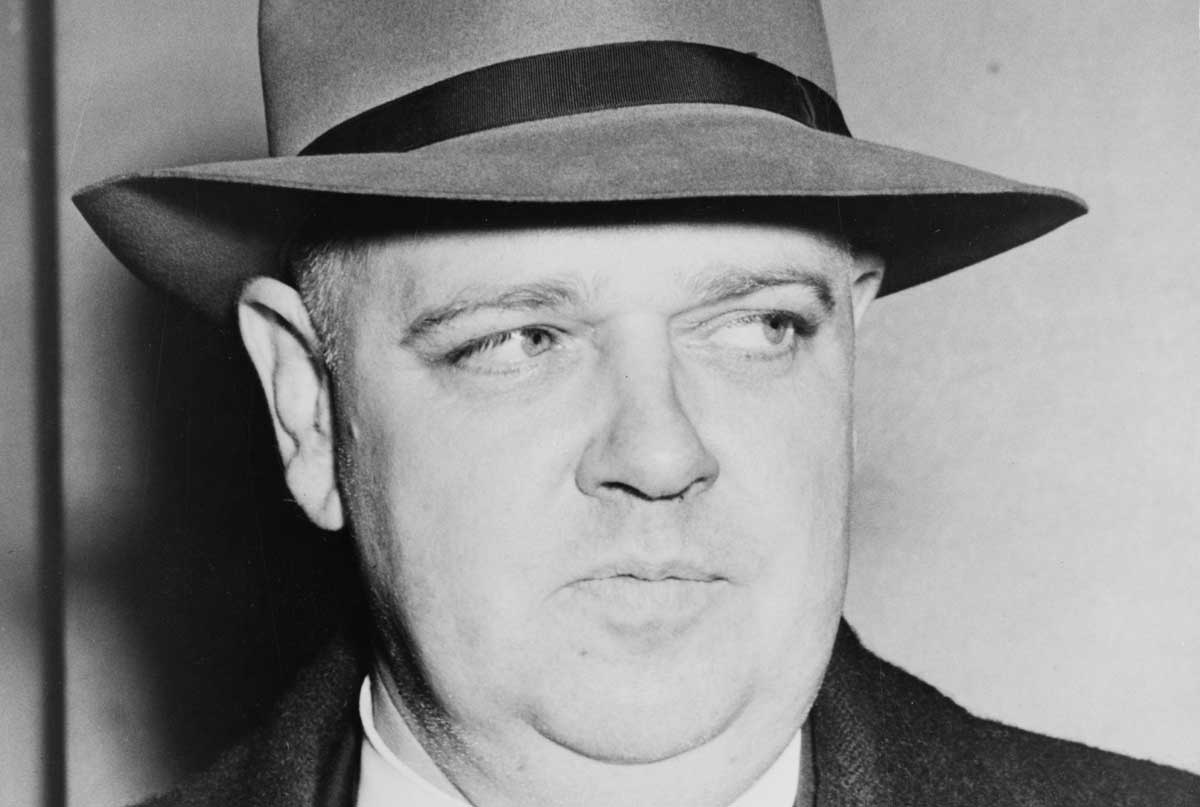Liberty, Conscience & Autonomy
How the Culture War of the Roaring Twenties Set the Stage for Today’s Catholic & Evangelical Alliance
by Barry Hankins
The election of 1928 was fascinating and contentious. For the first time a Catholic candidate ran for president on a major party ticket, and many believed the future of American freedom was at stake. As the Democratic candidate Al Smith campaigned across the country, an array of Protestants argued that a Catholic could not or should not be president of the United States. The anti-Smith rhetoric ranged from the reasonable to the outrageous. Texas fundamentalist preacher J. Frank Norris, for example, recalled for audiences the St. Bartholomew’s Day Massacre of 1572, where between 10,000 and 30,000 Protestants were killed by Catholics during the French Wars of Religion. The same thing would happen today, he said, if a Catholic were elected president. Two weeks before the election he exclaimed, “What a conglomeration. Tammany Hall, Roman Catholicism, bootleggers, carpet bag politicians and negros [sic].
What will the white people of Texas do?”
Much of the time cooler heads prevailed. Previously unknown attorney Charles C. Marshall penned a significant article for Atlantic Monthly titled “An Open Letter to the Honorable Alfred E. Smith,” in which he posed for the New York governor and soon-to-be presidential candidate reasonable questions about what a Catholic president’s relationship to the pope would mean. Smith was then given space in the same magazine to make his thoughtful reply. The debate was pitched yet dignified.
Tension Between Faith & Freedom
Lost in the rhetoric that year, and ignored ever since, was that the country had stumbled into a controversy that ran far deeper than anything actually discussed during the campaign. Looking back at the election today, we see in microcosm the central elements of the culture wars of our own time.
In the twenties, Protestants charged that Catholics could not hold full loyalty to the country because they had a prior political allegiance to the pope. The real question for Catholics, however, was not where they stood with regard to the state and the pope, but where they stood with regard to American freedom. As historian John McGreevy has argued in Catholicism and American Freedom, the issue for Catholics in America has always been the tension between their faith and the modern notion of freedom that is based on individual autonomy. Emanating from the eighteenth-century Enlightenment, autonomy affirms each individual’s freedom to make up his or her own mind about important matters, unencumbered by external authority. Today, we call this “freedom of choice.”
Nineteenth-century popes Pius IX and Leo XIII believed that religious liberty in America was based on autonomy, which meant it freed individuals from the authority of the Catholic Church. Hence, Pius proffered his infamous Syllabus of Errors in 1864, and Leo issued an important encyclical in 1885. These documents condemned a laundry list of modern “heresies,” among them liberal democracy (at least seemingly) and separation of church and state. Critics hounded Al Smith on the campaign trail, asking him repeatedly, “What do you have to say about the pope’s [Leo XIII] encyclical?” Smith at one point allegedly responded in exasperation, “Will someone please tell me what the hell an encyclical is?”
A generation later, Catholic theologian John Courtney Murray showed that individual autonomy was not the only way to conceive of religious liberty and separation of church and state. Murray interpreted the First Amendment to the U.S. Constitution as disallowing state supremacy over the consciences of individuals so they could properly obey the Church without interference from the state. In other words, Catholics could embrace the American idea of religious freedom without embracing individual autonomy.
Barry Hankins is Professor of History at Baylor University in Waco, Texas.
subscription options
Order
Print/Online Subscription

Get six issues (one year) of Touchstone PLUS full online access including pdf downloads for only $39.95. That's only $3.34 per month!
Order
Online Only
Subscription

Get a one-year full-access subscription to the Touchstone online archives for only $19.95. That's only $1.66 per month!
bulk subscriptions
Order Touchstone subscriptions in bulk and save $10 per sub! Each subscription includes 6 issues of Touchstone plus full online access to touchstonemag.com—including archives, videos, and pdf downloads of recent issues for only $29.95 each! Great for churches or study groups.
Transactions will be processed on a secure server.
more on religious liberty from the online archives
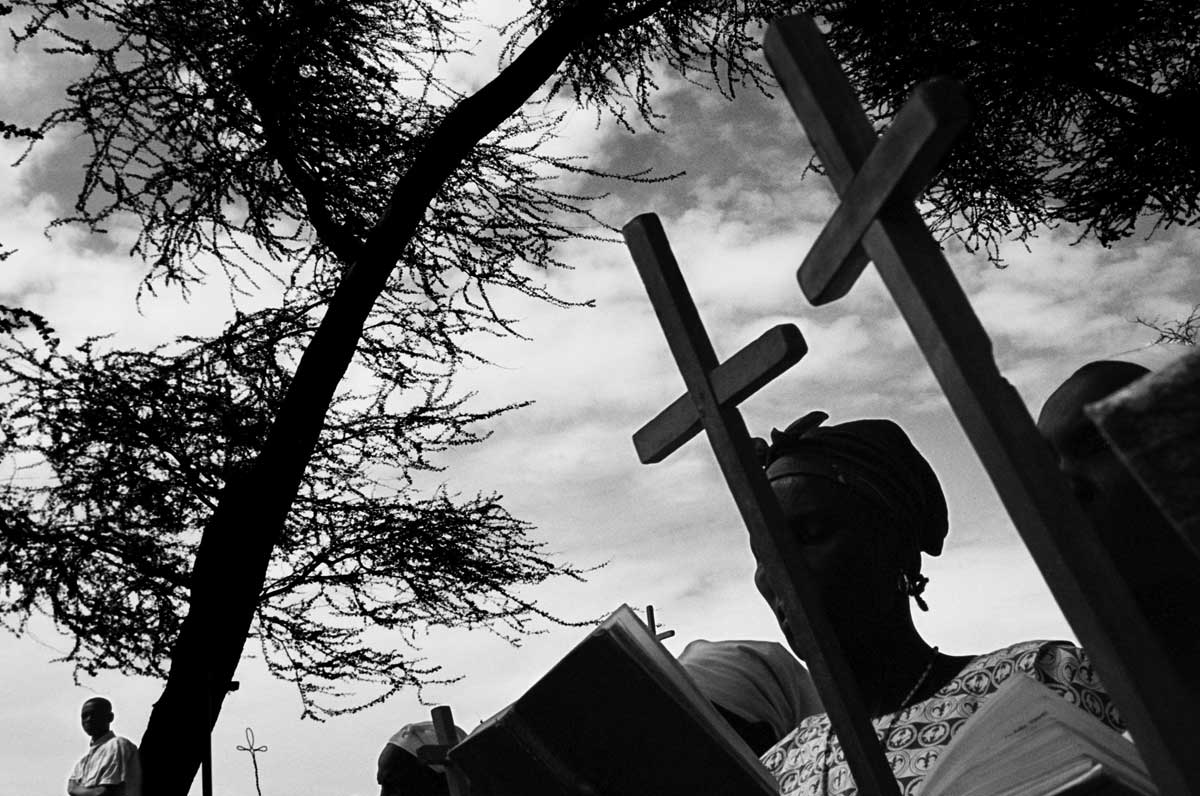
27.3—May/June 2014
Religious Freedom & Why It Matters
Working in the Spirit of John Leland by Robert P. George
more from the online archives
calling all readers
Please Donate
"There are magazines worth reading but few worth saving . . . Touchstone is just such a magazine."
—Alice von Hildebrand
"Here we do not concede one square millimeter of territory to falsehood, folly, contemporary sentimentality, or fashion. We speak the truth, and let God be our judge. . . . Touchstone is the one committedly Christian conservative journal."
—Anthony Esolen, Touchstone senior editor





